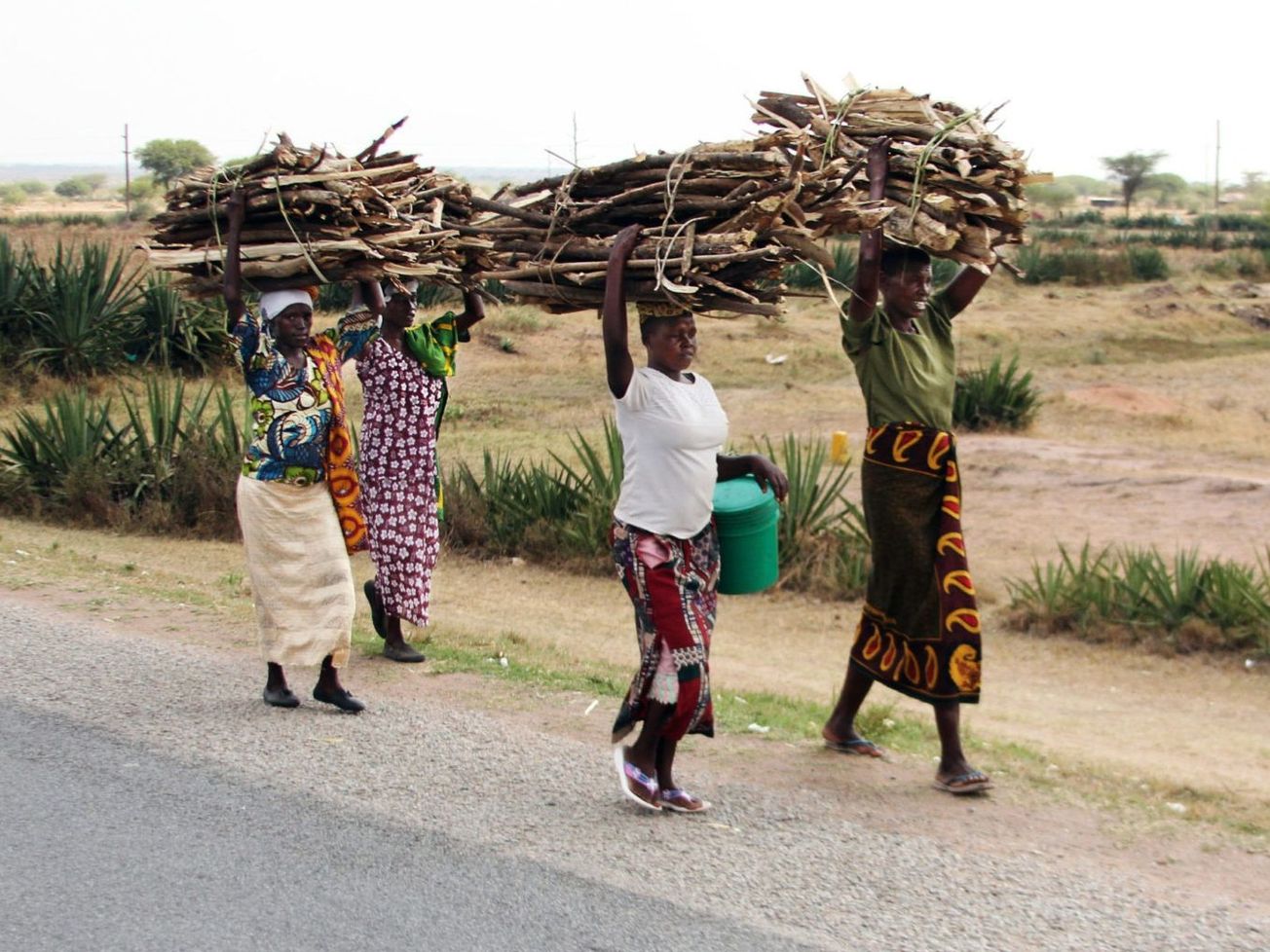Inequalities in education, health and living standards caused a 20% loss in global progress towards aspects of needed "human development" last year, the U.N. Development Program reported on Monday.
Traditional 20th century attitudes towards inequality focused on money — helping people move up the economic ladder. In the 21st century, according to UNDP, it's more about opportunity, which helps explain why millions of people are taking to the streets to protest their societal circumstances.









